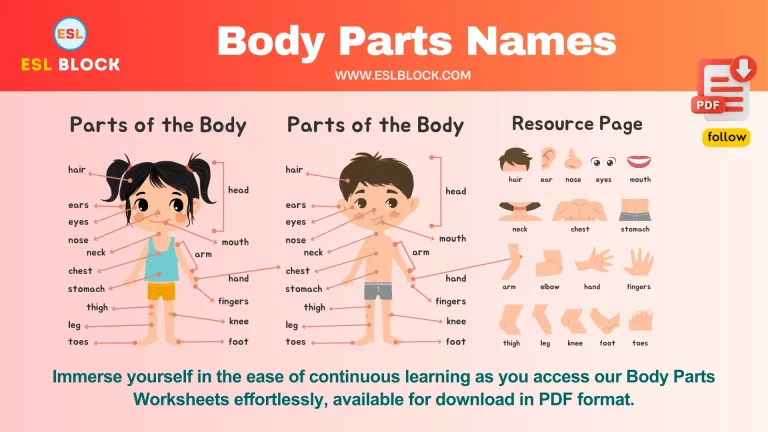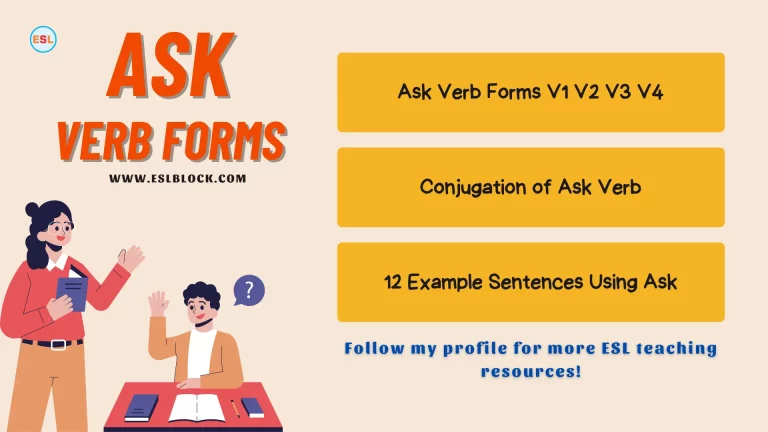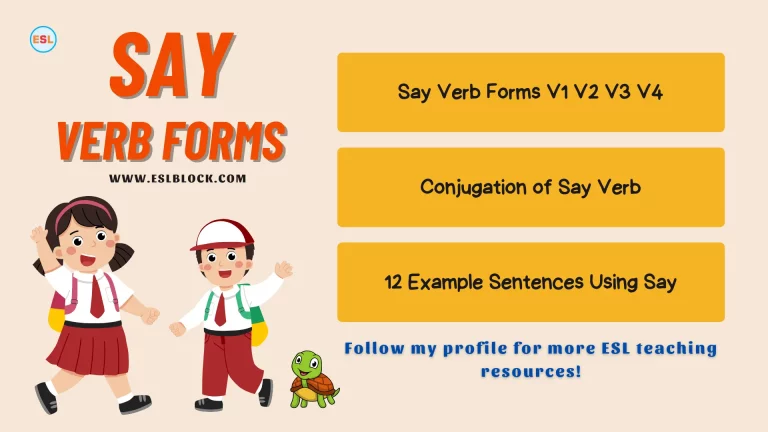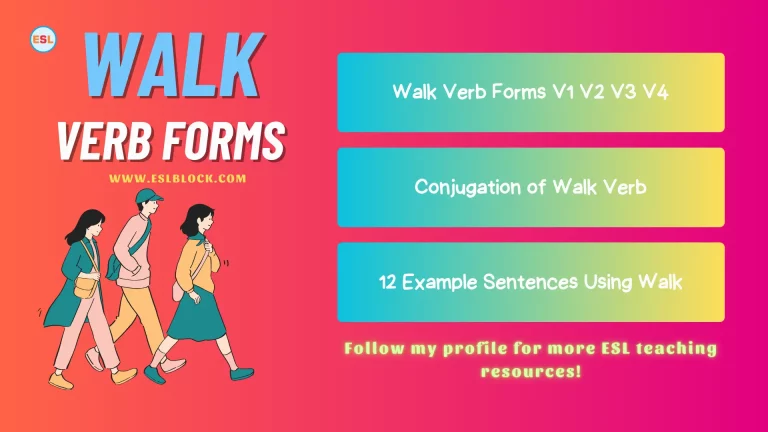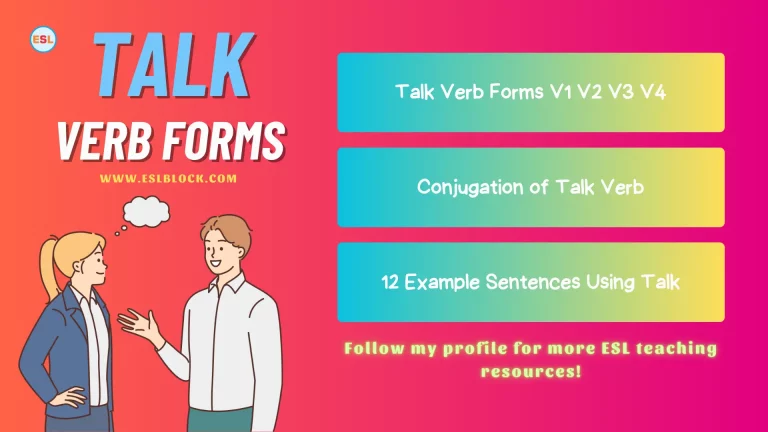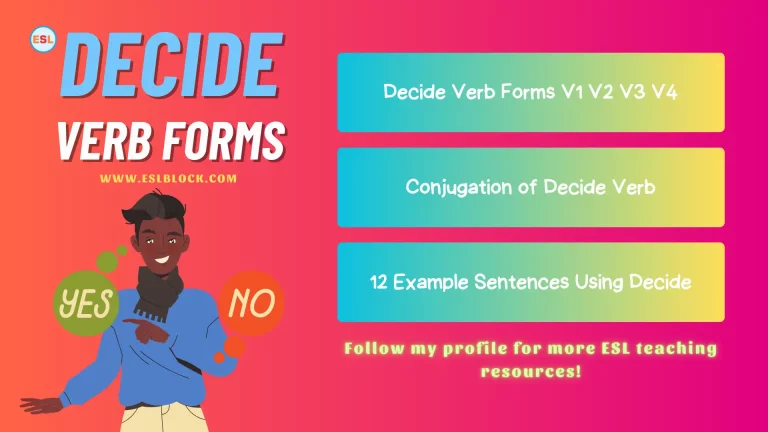Transitive Verbs in English with Example Sentences
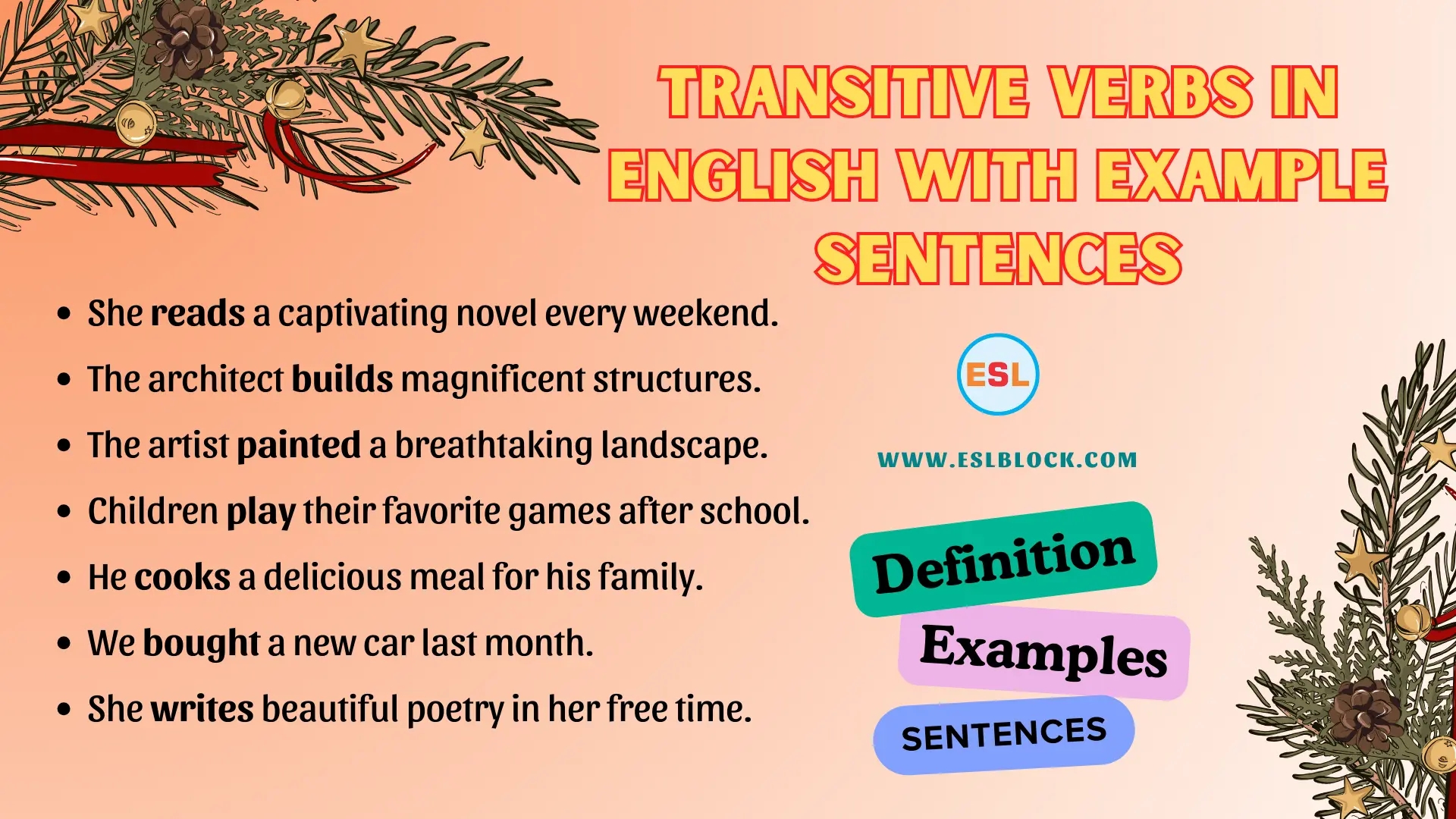
Welcome to the world of language intricacies! Today, we embark on a linguistic journey to unravel the mysteries of transitive verbs in English. These verbs play a crucial role in constructing meaningful sentences, offering depth and dimension to our communication.
Let’s dive into the definition, meaning, and examples of transitive verbs to enhance our understanding of this essential aspect of English grammar.
Also Check: Parts of Speech
What are Transitive Verbs?
In the realm of grammar, transitive verbs hold a distinct position. A transitive verb is an action verb that requires a direct object to complete its meaning in a sentence. Simply put, these verbs transfer the action they express to an object.
For example, consider the verb “eat.” When we say, “She eats,” the sentence lacks completeness. However, when we add a direct object, as in “She eats an apple,” the transitive verb “eat” finds fulfillment. The apple becomes the recipient of the action, making “eat” a transitive verb in this context.
Examples of Transitive Verbs
- Read
- Build
- Paint
- Play
- Cook
- Complete
- Teach
- Buy
- Write
- Fix
- Plant
- Compose
- Solve
- Clean
- Invite
- Answer
- Challenge
- Visit
- Discover
- Repair
Example Sentences using Transitive Verbs
- She reads a captivating novel every weekend.
- The architect builds magnificent structures.
- The artist painted a breathtaking landscape.
- Children play their favorite games after school.
- He cooks a delicious meal for his family.
- They completed the challenging puzzle in record time.
- The professor teaches complex theories to his students.
- We bought a new car last month.
- She writes beautiful poetry in her free time.
- The mechanic fixed the car engine efficiently.
- He plants vibrant flowers in his garden.
- The musician composes soul-stirring melodies.
- The mathematician solved a perplexing equation.
- She cleans the house thoroughly every Saturday.
- We invited our neighbors to the dinner party.
- The student answered all the questions confidently.
- The athlete challenged his opponent to a friendly match.
- They visited a historic monument during their vacation.
- Scientists discovered a new species in the rainforest.
- The handyman repaired the leaky roof.
Conclusion
In the vast landscape of English grammar, transitive verbs stand as indispensable elements, weaving together the fabric of our sentences.
By understanding their definition, meaning, and examples, we equip ourselves with the tools to communicate effectively. Transitive verbs not only enhance clarity but also add nuance to our expressions.
As we navigate the intricate world of language, let’s appreciate the role these verbs play in shaping our communication, acknowledging their importance in the grand tapestry of parts of speech.

